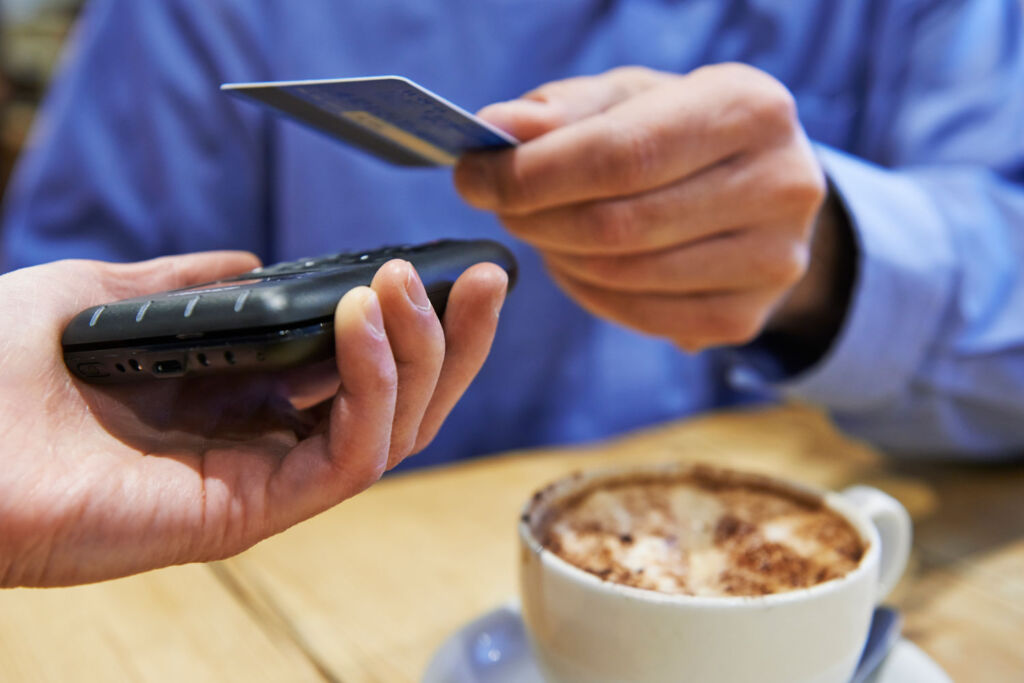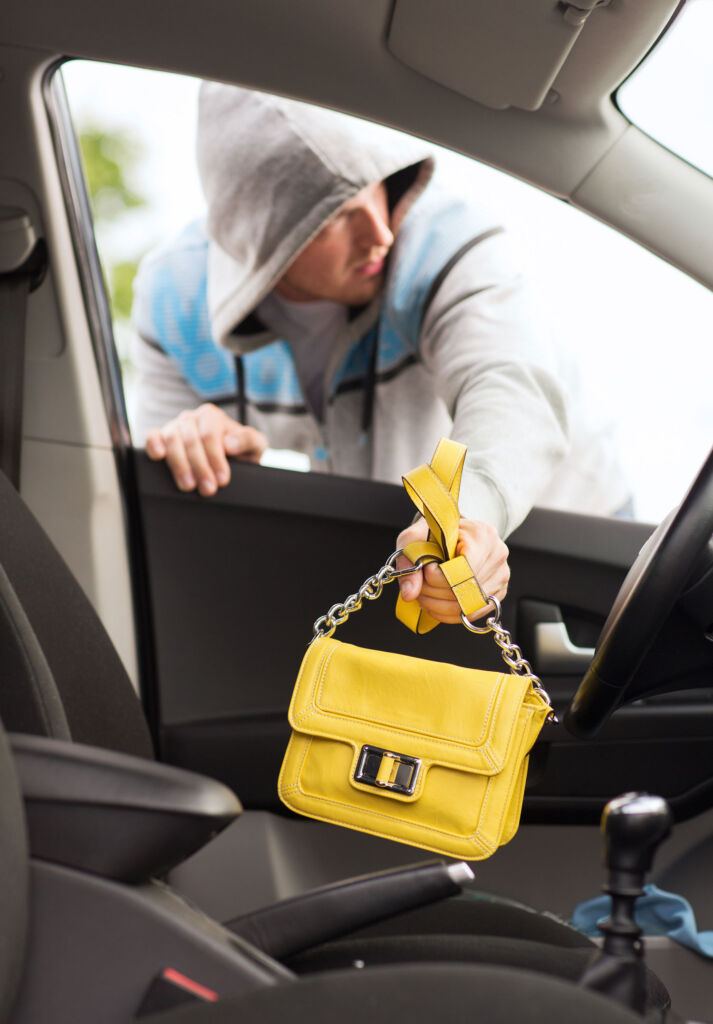

Chancellor Rishi Sunak has announced that the contactless payment limit will rise to £100 to help retailers following lockdown. In this opinion piece, Paul Godbold considers whether this is a completely positive move.
According to the Treasury, contactless payments have risen from four out of ten transactions to six out of ten transactions during the pandemic. The obvious reason for this is the possibility that COVID-19 can be transmitted on some surfaces, and to coin a well-known phrase, “prevention is better than cure”.
This increase in the contactless-payment limit is designed to help British retailers, many of which have seen turnover and profits plunge due to a lack of footfall during the lockdown. However, in less than a year, the contactless spending limit has almost tripled, which is causing more than a few people to worry.


When speaking to some of the older residents, I have found that they are worried about theft, misplacing or losing their card, which would provide the less-honest in the local community an opportunity to go on a mini-spending spree of up to £300*.
To some of our readers, spending amounts like this is barely worthy of a second thought, but to others, it could be the difference between having hot meals on the table or the central heating on.
When it comes to dishonest use of another’s funds, most banks are very understanding, doing whatever they can to help. In many cases, customers get the funds returned, but it does take time, and it is not always straightforward proving a case.
The pandemic has made speaking to a person at a bank more difficult than at any other time in living memory. You’ve no doubt heard the recorded messages explaining why. Staff working remotely, fewer people working due to COVID-19 and countless apologies for extended wait times, which with some banks can run into hours.
Other people I have spoken to are fearful that the country is moving towards a cashless society. The idea of this isn’t made more palatable by the many stories of banking computer systems breaking down, leaving people unable to access their funds.
I’ll admit, there is a strong argument for going cashless as it would prevent people from being paid with it, thus having the choice not to declare it and pay no tax. But, the most efficient way for the world to work is through the freedom to choose.
The cashless society notion is, in my opinion, a long way off, and the more pressing issue is with the increase in the spending limit for contactless payments.
We live in a fast-paced, innovative world, and many of the British banks are earning £Billions in profits each year. Surely they can use some of these funds to develop a contactless payments system that involves more than picking up a card and simply touching it on an electronic scanner?
If contactless payments with higher spending limits are the way forward and the government is willing to back this, some changes will need to be made. I believe the banks should be looking at ways to make contactless payments a little less simple and safer to eliminate the worry factor.
One way this might be possible is to introduce a secondary form of identification for contactless payments. I am not sure that this technology is available yet, but why not look at having an additional device such as a dedicated finger worn ring that needs to be swiped before the card is?
Yes, this might be a far-fetched notion, but a system along these lines would ease the worries of many. I share people’s concerns borne from the increase in the contactless payment limit. I am quite sure the criminal fraternity would be rubbing their hands upon hearing the Chancellors announcement.
If there are any positives resulting from the Pandemic, it’s the increase in community spirit and the notion of looking after others. Through this writers eyes, there is too much of an onus put on technology when making payments which do put some of the older generations at a disadvantage. Money is hard to earn and far too easy to spend, and my concern is that the less honest in the country have just been handed an unexpected financial bonus.
*The payments of up to £100 each can be made before a pin code is required.
The views and opinions expressed in this article are those of the author and do not necessarily reflect Luxurious Magazine’s position.
Read more finance articles, guides and news in our dedicated section here.
